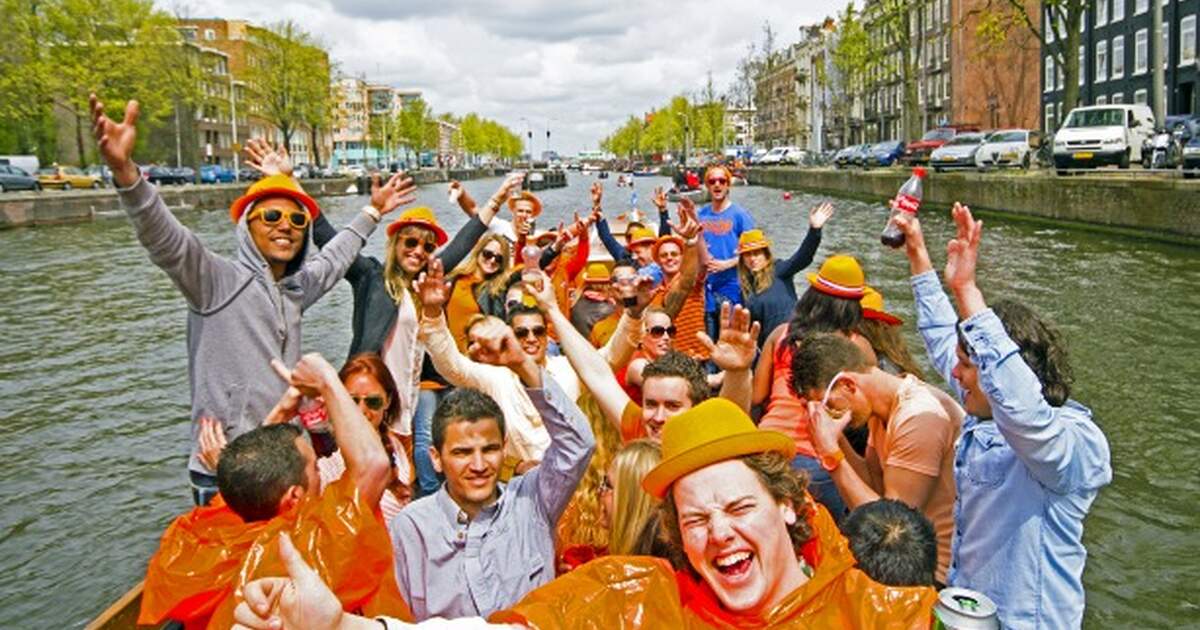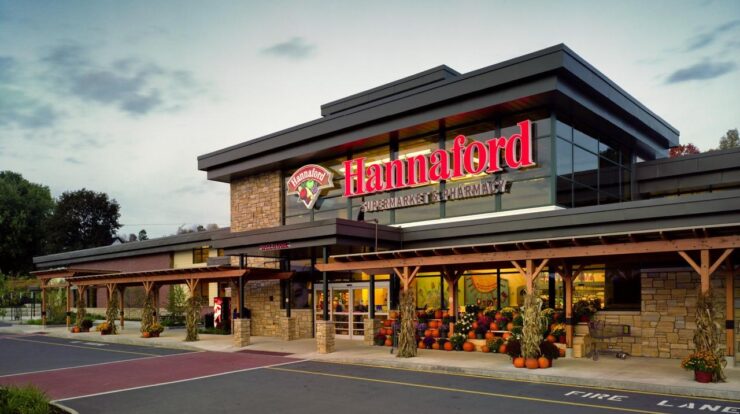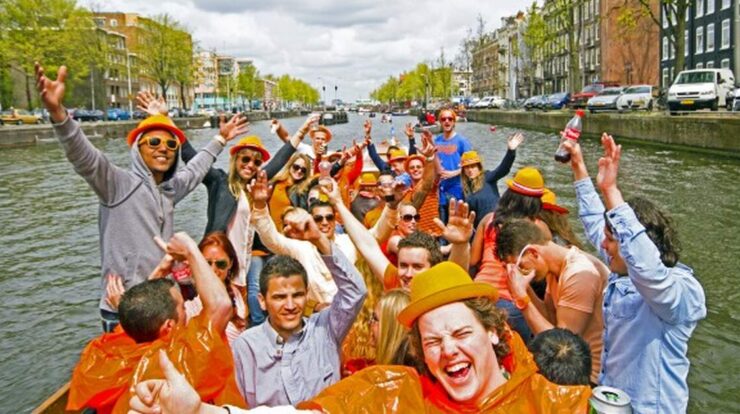
Netherlands Kings Day, a vibrant and colorful celebration, is a testament to the rich history and cultural traditions of the Netherlands. Steeped in centuries of tradition and symbolism, this national holiday is a captivating display of Dutch pride and unity.
Rooted in the House of Orange-Nassau, the holiday honors the reigning monarch and serves as a festive occasion for the Dutch people to come together and celebrate their shared heritage.
Kings Day in the Netherlands: Netherlands Kings Day
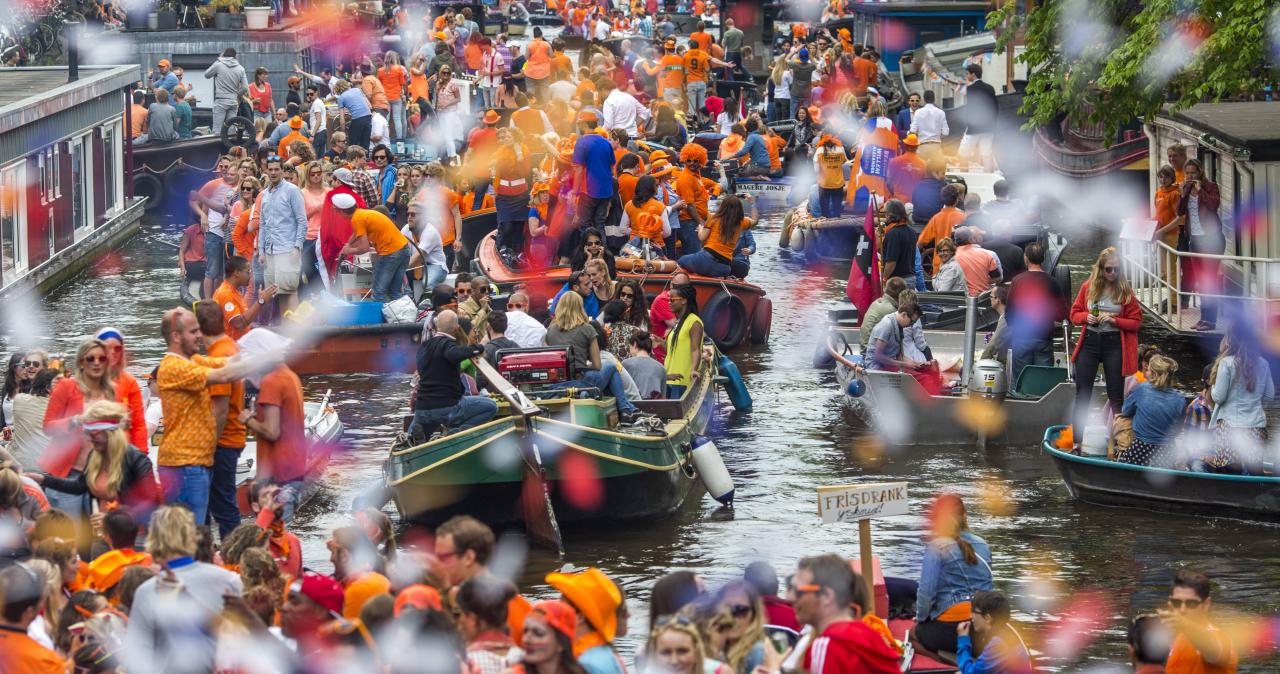
Kings Day is a national holiday celebrated annually in the Netherlands on April 27th. It is a day of celebration and festivities, marking the birthday of the reigning monarch.
Historical Context
The origins of Kings Day can be traced back to 1885, when it was first celebrated as Princess’s Day in honor of Princess Wilhelmina’s birthday. In 1948, the holiday was renamed Queen’s Day after Wilhelmina’s accession to the throne. In 2013, the name was changed to Kings Day following the coronation of King Willem-Alexander.
The House of Orange-Nassau has played a significant role in the history of Kings Day. The royal family has been closely associated with the holiday since its inception, and many of the traditions and festivities have been passed down through generations.
Historically, Kings Day has been a time for national unity and celebration. It is a day when people from all over the Netherlands come together to enjoy the festivities and show their support for the monarchy.
Festivities and Traditions
Kings Day is a day of widespread celebration in the Netherlands. The festivities typically begin with a speech from the king or queen, followed by a variety of activities and events throughout the country.
One of the most popular traditions associated with Kings Day is the flea market. On this day, people set up stalls in streets and parks, selling everything from antiques to handmade crafts. Another common tradition is to wear orange clothing, as this is the color of the Dutch royal family.
Music and entertainment play a major role in Kings Day celebrations. There are often live music performances in public squares and parks, and many people gather to sing and dance.
Cultural Impact, Netherlands kings day
Kings Day is a significant cultural event in the Netherlands. It is a day when people from all walks of life come together to celebrate their national identity and community spirit.
The holiday has a positive impact on the Dutch economy. It is estimated that Kings Day generates over 1 billion euros in revenue each year, due to increased tourism and spending.
International Recognition
Kings Day is not only celebrated in the Netherlands but also in other countries with Dutch heritage. In Canada, for example, there are several cities that host Kings Day celebrations each year.
The global impact of Kings Day is due in part to the popularity of Dutch culture. The holiday has become a symbol of Dutch national identity and is celebrated by people around the world.
Conclusive Thoughts
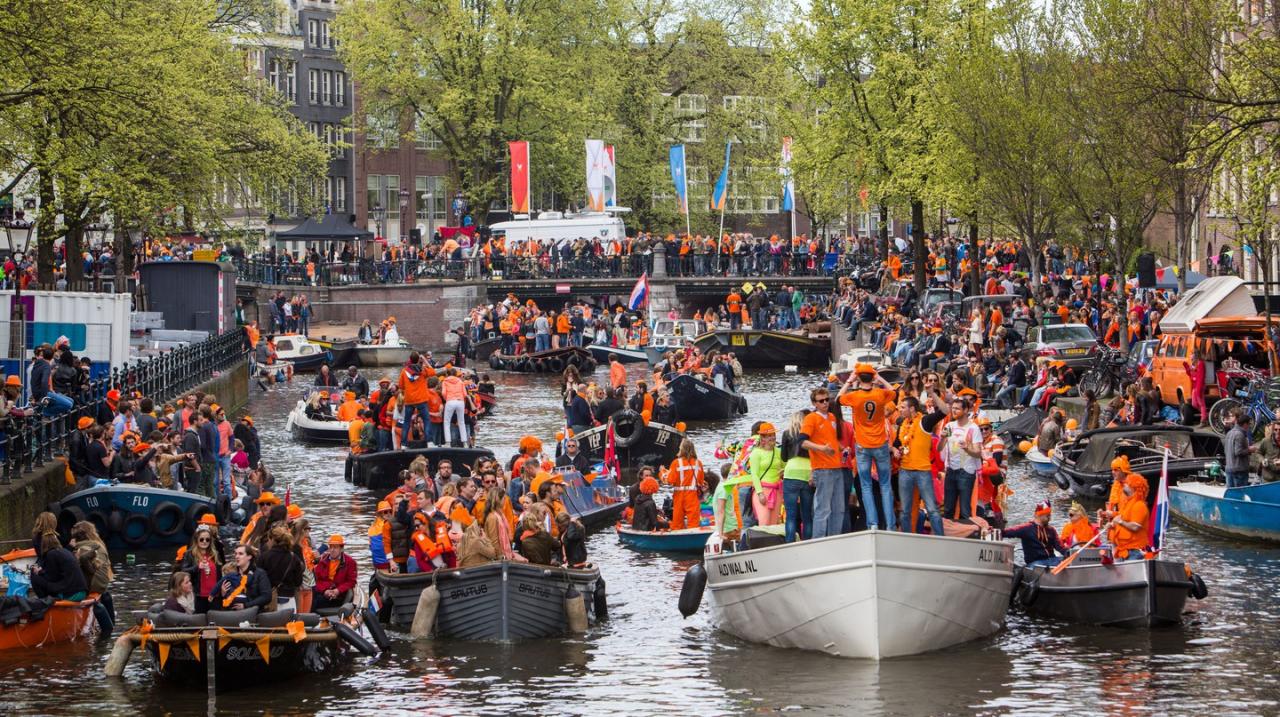
Kings Day is not merely a holiday; it is a vibrant expression of Dutch culture, fostering a sense of community and national identity. Its international recognition speaks to the holiday’s captivating charm and its ability to bridge cultures through shared traditions and festivities.
Questions and Answers
What is the significance of the color orange on Kings Day?
Orange is the national color of the Netherlands and is associated with the House of Orange-Nassau, the royal family. Wearing orange on Kings Day is a way to show support for the monarchy and celebrate Dutch heritage.
What are some popular activities on Kings Day?
Flea markets, street parties, and live music are common features of Kings Day celebrations. Many people also dress up in orange clothing and accessories to mark the occasion.
Is Kings Day celebrated outside the Netherlands?
Yes, Kings Day is celebrated in various countries with Dutch communities, including Aruba, Curaçao, Sint Maarten, and Suriname.
